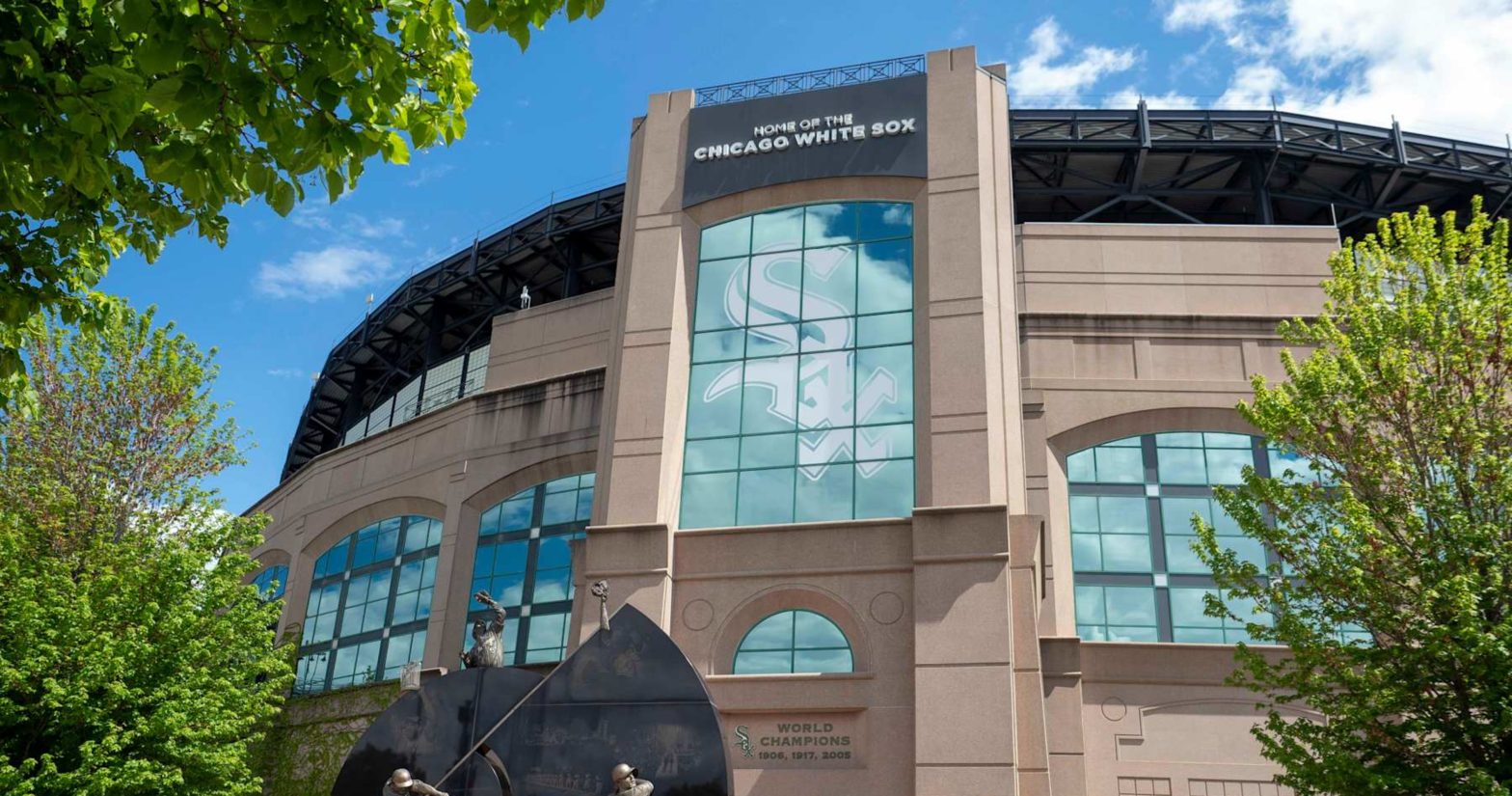The Chicago White Sox are enduring a historically dismal season, with their performance on track to be among the worst in Major League Baseball (MLB) history. As of their latest game, the White Sox hold a troubling 29-93 record, resulting in a .238 winning percentage. This marks them as not only the worst team in the league this year but also on course to record one of the lowest winning percentages in the modern era.
In light of their poor performance and as a gesture of goodwill towards their loyal fans, the White Sox have decided to reduce season ticket prices for the 2025 season by an average of 10%.

Brooks Boyer, the team’s senior vice president and chief revenue and marketing officer, explained that the price reduction is a response to the team’s current struggles and the general market conditions for tickets. The decision aims to reward the loyalty of season ticket holders amidst the team’s ongoing challenges.
The White Sox’s current season has been marked by significant struggles, including a record-tying 21-game losing streak and the recent firing of their manager, Pedro Grifol.
The team’s performance has been so poor that they are projected to potentially break the record for the most losses in a single MLB season. With a projected final record of approximately 39-123, they could surpass the 1962 New York Mets’ record for most losses.
The team’s woes extend beyond just their losing record. With the trade deadline passing, the White Sox have sold off several key players, which could further weaken their performance in the remainder of the season. The combination of these factors has made the 2024 season particularly challenging for the White Sox, and the outlook for improvement in 2025 remains uncertain without significant changes.
The ticket price reduction is an effort to bolster fan engagement and attendance despite the team’s poor performance. The White Sox hope that this move will help maintain and possibly increase their fan base, despite the team’s ongoing difficulties. The decision reflects a degree of self-awareness from the organization as it navigates one of the toughest periods in its history.
